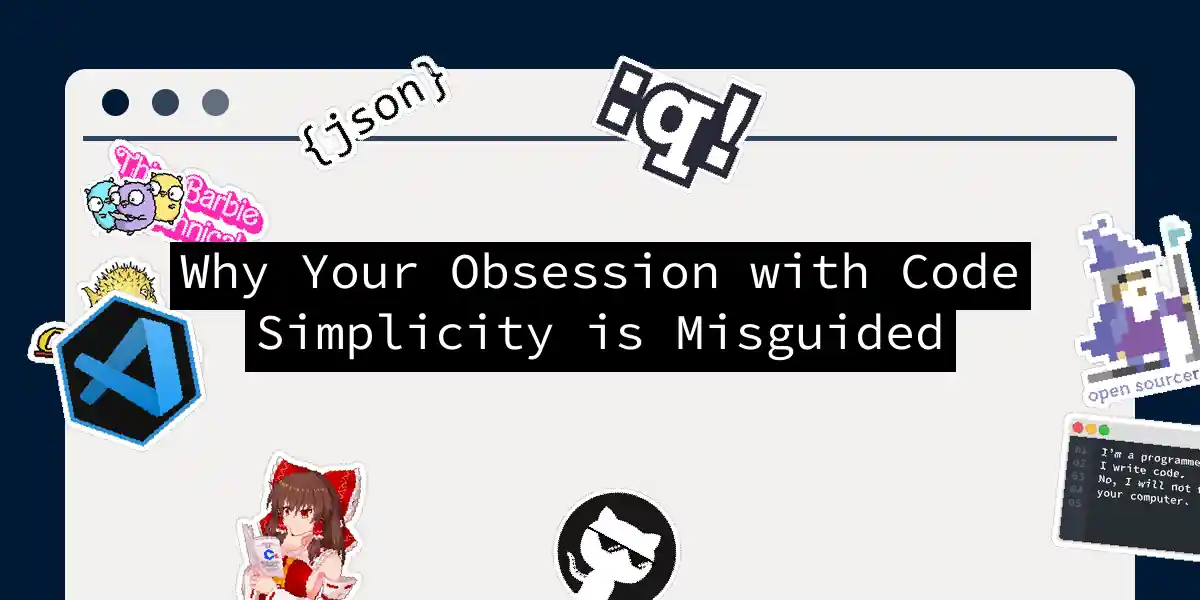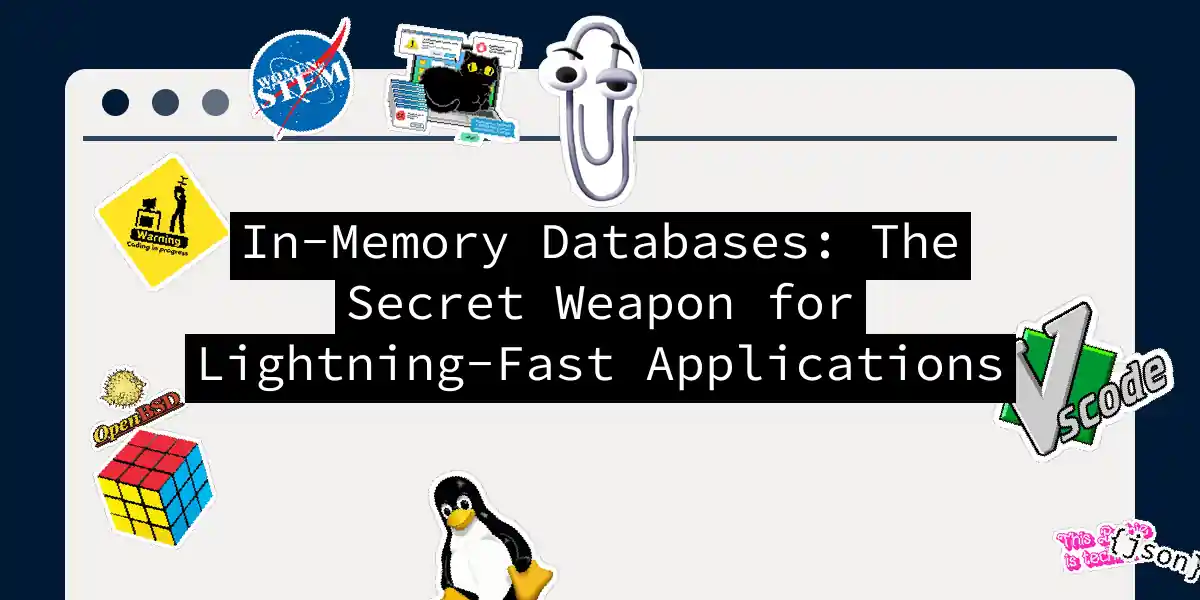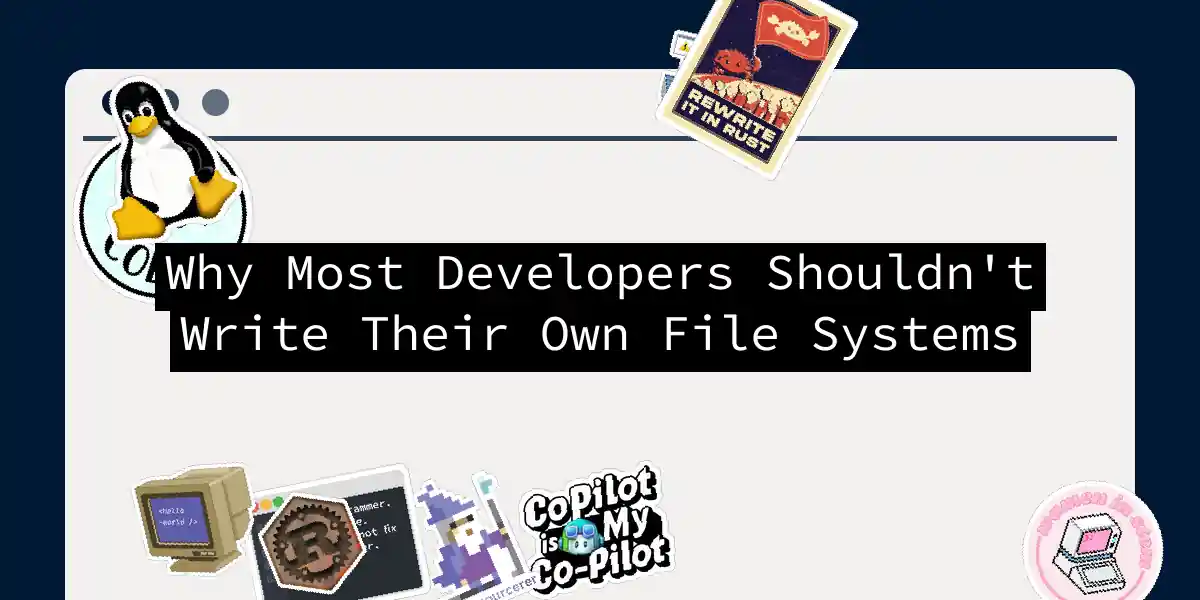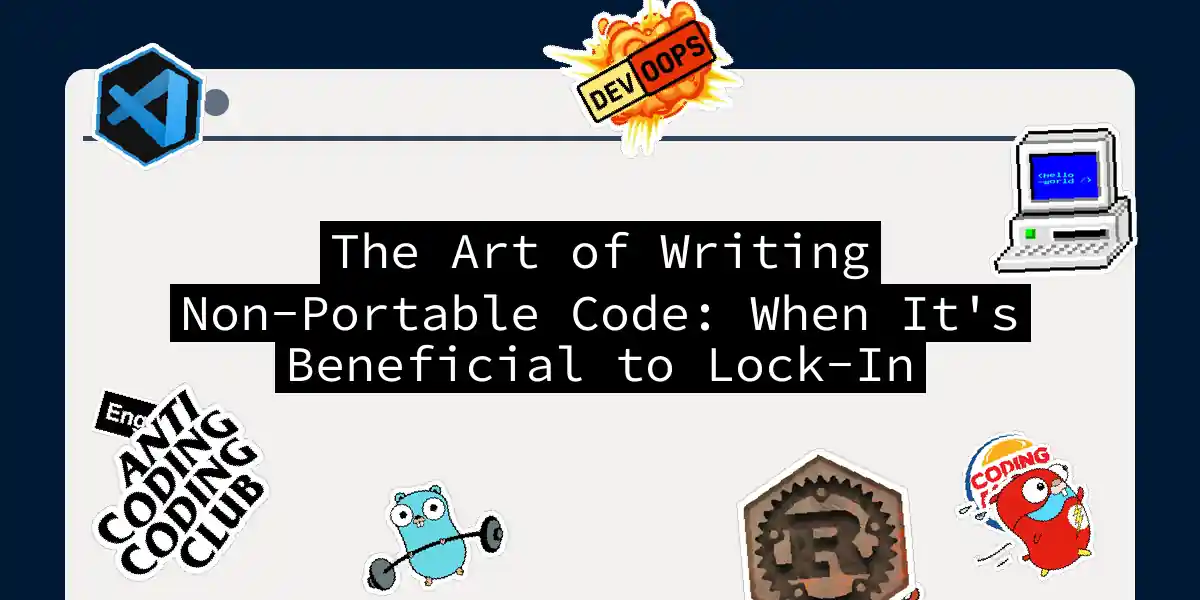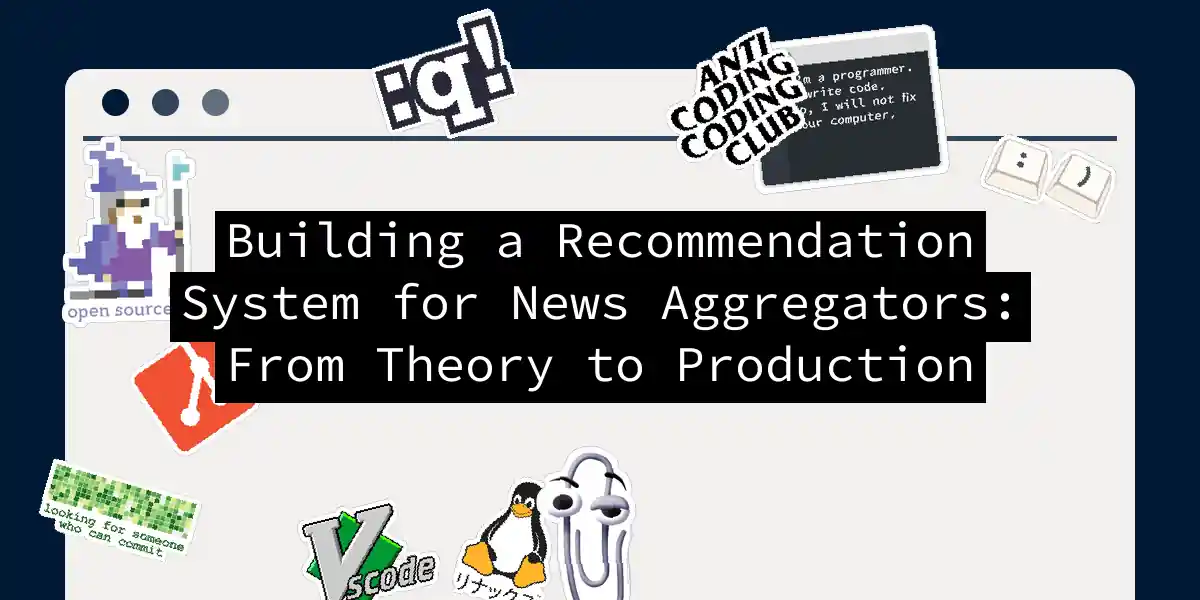
Building a Recommendation System for News Aggregators: From Theory to Production
The Problem Nobody Asked For (But Everyone Needs) You know that feeling when you open a news app and it’s just… noise? Thousands of articles screaming for attention, none of them knowing anything about you, your interests, or why you’d actually want to read about quantum computing when you’re clearly a sports enthusiast at 6 AM before your coffee kicks in. That’s the problem we’re solving today. News recommendation systems are the unsung heroes of content discovery....
